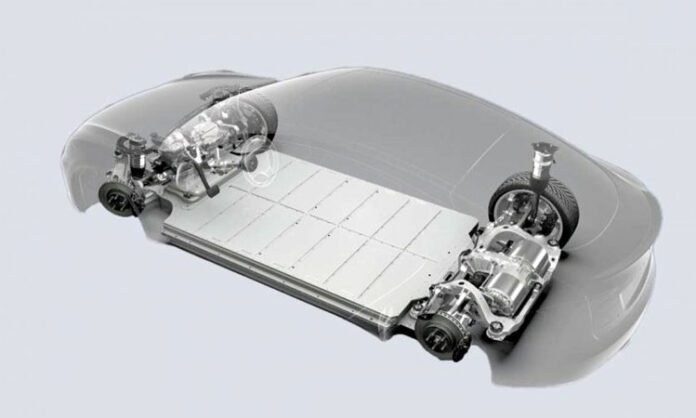Aluminum Material in EV manufacturing: Electric Vehicles have started their domination over the market and they are a decisive factor in driving an eco-friendly automobile market. However, we must reevaluate our material choices within the Electric Vehicle (EV) business in order to effectively actualize the next stage of the green revolution. The environmentally beneficial qualities of aluminum may be just what we need to change the game. Aluminum would be at the forefront of our sustainable future if it were used in the construction of electric vehicles (EVs).
The exponential growth of aluminum’s use in the construction, electrical, and transportation industries demonstrates the metal’s usefulness in the modern world. By 2029, the worldwide aluminum market is anticipated to expand at a robust 6.1% CAGR, reaching a value of $255.91 billion.
The steel industry reached a record-breaking USD 1.27 trillion in 2022, firmly establishing its dominance in the metals sector. But Aluminum is going to change things up. With its many advantages, it is progressively carving out its position in industries that have historically been dominated by steel, such as infrastructure, energy, and military.

The choice for Aluminum in EVs is due to the element’s amazing qualities:
- Lightweight: Aluminum weighs only 1/3 as much as steel, making it a great choice for EVs as it can significantly reduce the overall weight of the car. This can potentially increase the range and fuel economy of the vehicle.
- Strong: Despite its lightweight nature, it is also strong, making it suitable for use in structural components such as the body, chassis, and suspension of EVs.
- Resistant to corrosion: The element is naturally corrosion resistant, eliminating the need for protective coatings. This not only reduces manufacturing costs but also increases the durability of EVs.
- Recyclable: Aluminum is highly recyclable, allowing it to be reused repeatedly without losing its properties. This makes it a sustainable option for the EV industry, promoting resource efficiency.
- Cost-effective: Recent price decreases have made it more cost-competitive with other materials like steel. This affordability makes it an attractive choice for automakers aiming to lower the production costs and retail prices of EVs.
- Sustainable: Aluminum’s recyclability and long lifespan make it a sustainable material choice. By minimizing waste and environmental impact, it aligns with the goals of the EV industry in promoting sustainability.
Aluminum has a significant impact on the EV revolution that extends beyond the actual vehicles. The growth of the entire EV ecosystem, including the crucial charging infrastructure, is being significantly aided by the silver metal. Due to its qualities, it is the best material for producing heat sinks, charging connectors, and other products while ensuring efficiency.
Additionally, the superior conductivity and corrosion resistance of the material add to the overall effectiveness and durability of the charging infrastructure, which can assist the widespread adoption of electric mobility.

Because they are easier to recycle and produce fewer carbon emissions than steel, automotive aluminum parts are ideal for the booming scrap market. Over 90% of recycled aluminum is used in the building and automotive industries, and nearly 75% of all aluminum produced is still in use today.
This amazing element could be a solution to many problems facing the car industry with the right strategy. But to make these improvements, we must work together. Together, industry stakeholders must work towards better, long-lasting solutions to advance the sector’s development and realize the full potential of EVs for a sustainable future.
Also Read:


